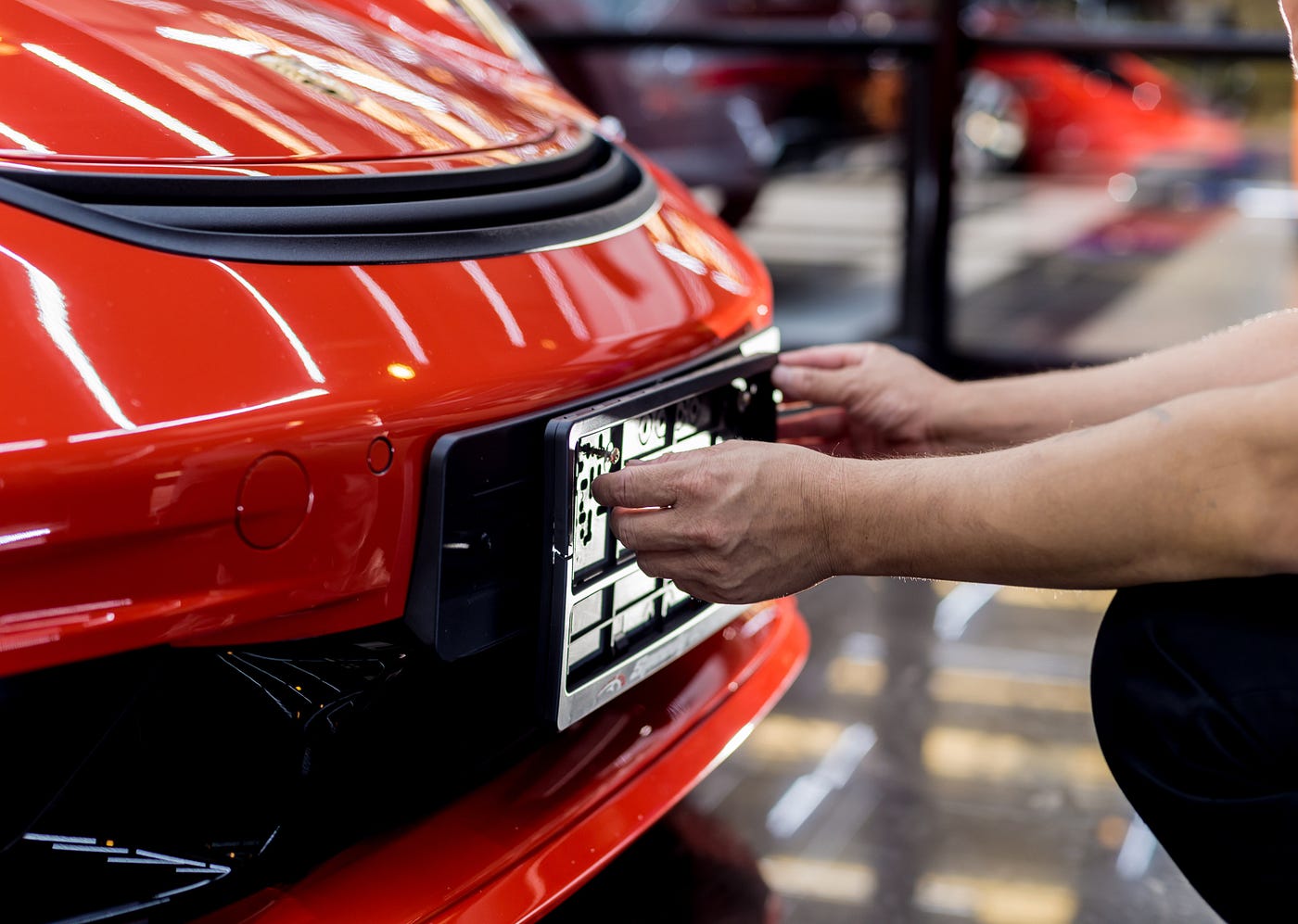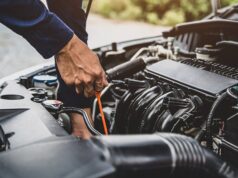
First car shopping is exciting. And, as part of this adventure, knowing where to begin is often important.
However, this can seem tricky. After all, there’s a lot to consider, and buying for a new driver can even be harder than buying for someone experienced.
Fortunately, though, this doesn’t have to be an impossible choice. And, as part of this, considering some of today’s pointers may help.
Things to Think About When Buying a First Car
First cars hold a special place in our hearts. As a result, it shouldn’t come as much of a surprise that this decision can be very important.
However, if you have been feeling unsure about where to start, the following tips might be useful.
Car Number Plate Check

A car history check is an absolute must when buying a first car. This involves checking the vehicle’s registration number to find out important information about its past. A number plate check can bring up a wealth of information about a car, such as its MOT history, whether it’s been written off, or if it’s been reported stolen.
As such, this offers a simple way to verify your purchase, reducing the chances of getting scammed. So, always do your research before handing over any money. You might just find it saves you from getting caught by a scammer or dishonest seller. They’re out there. Don’t take the risk.
Should You Buy New or Used?
When buying a first car, deciding between new and used is one of the biggest considerations. However, this is usually a very simple decision.
For the most part, the vast majority of new drivers will go for a second-hand vehicle. This helps ensure that any damage doesn’t hurt quite as much financially.
Used cars are generally more affordable, and they often come with lower insurance premiums, which is a big plus for young drivers.
Furthermore, the depreciation hit you take on a new car can be quite steep, so opting for a used car is often the wiser financial move.
Is the Car Affordable?
Cost is vital when buying for new drivers. Here, many people focus on the purchase price; however, the ongoing costs of insurance and fuel are also crucial to account for. Insurance is especially influential, given that premiums for new drivers will oft be high.
In addition to the purchase price, consider the car’s fuel efficiency, which can save a significant amount of money over time. Make sure to budget for regular maintenance and unexpected repairs as well. Remember, the cheapest car isn’t always the most cost-effective in the long run.
Is It Safe and Easy to Drive?

There’s no point in buying a car that’s awkward or uncomfortable to drive. After all, a first car should help build confidence for new drivers; it shouldn’t leave them stressed about heading out on the road.
Look for a car with good visibility, straightforward controls, and a reliable track record.
Safety features are also crucial. Ensure the car has modern safety equipment like airbags, ABS brakes, and stability control. These features can make a significant difference in the event of an accident and provide peace of mind for both the driver and their family.
Is Your Chosen Car Comfortable?
On the same line of thought as before, comfort is also essential. Indeed, an uncomfortable car will likely cause a new driver more stress to drive, hindering their progress in turn.
Pay attention to the car’s seating position, legroom, and overall ergonomics. Test driving a few options can help you find a car that feels right. Comfort isn’t just about luxury—it’s about making sure the driver can operate the vehicle without strain, which is especially important for long drives.
Does the Car Have a Clean History?
Second-hand cars sometimes have baggage. Hence, when buying a car for a first-time driver, make sure it’s got a clean history. This helps reduce the risk of the car being prone to break downs, which could damage a new driver’s confidence.
In addition to checking for accidents and repairs, consider the car’s service history. Regular maintenance by previous owners is a good sign that the car has been well cared for. Avoid cars with patchy histories or those that have changed hands frequently.
Always Keep Up with Your Car’s Maintenance
By now, you’ve hopefully found a car that will suit your needs. If so, it’s vital that you keep on top of maintenance to ensure it stays safe to drive. This can also keep ongoing costs associated with repair bills lower, so it’s well worth doing.
Regularly check the oil, coolant, and tire pressure. Adhering to the manufacturer’s service schedule can prevent small issues from becoming big, expensive problems. Additionally, keeping the car clean and protected from the elements can extend its life and help maintain its value.
Always Do Thorough Research Before Buying

We all love a bargain. However, it’s important to be aware of the potential of getting scammed with your new car purchase. As a result, before handing over any money for a used car, doing your research is vital.
Here, entering the car’s plate into a car history-checking software can also prove incredibly useful. This step can confirm the car’s identity and highlight any red flags.
Additionally, reading reviews from other buyers and seeking advice from trusted sources can provide further insight and confidence in your decision.
Conclusion
In conclusion, buying a first car is a major milestone. It’s a blend of excitement and responsibility. By considering the tips above and doing thorough research, you can find a car that is not only a joy to drive but also a safe and reliable companion for your journeys ahead. Happy car hunting!
With the right preparation and knowledge, your first car purchase can be a rewarding experience that sets you up for many enjoyable drives and memorable adventures. Enjoy the ride and drive safely!







